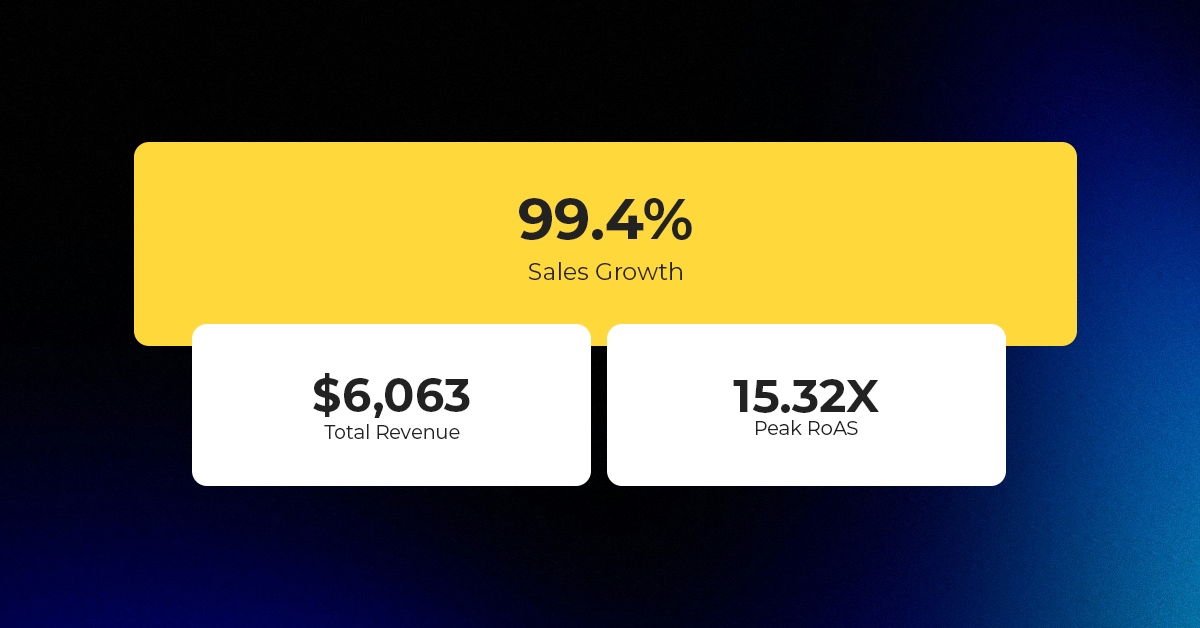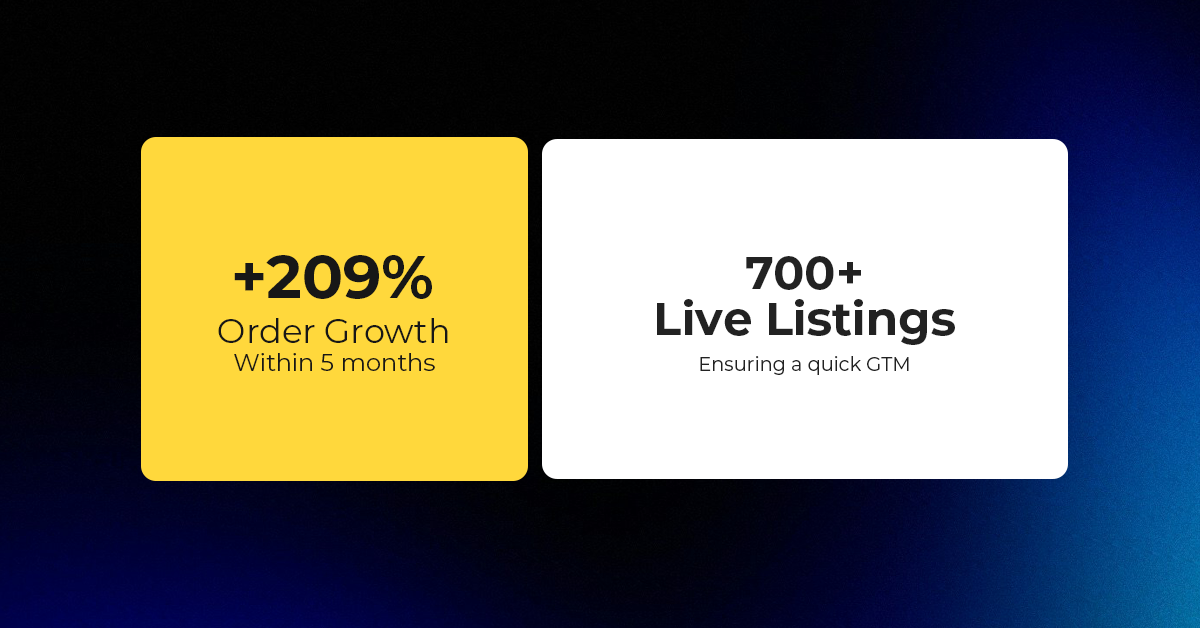Centralized Catalog, Faster Publishing: 40ParkLane’s Marketplace Success with CedCommerce
Reading Time: 4 minutesAbout the Brand: 40ParkLane LLC Studio40ParkLane is a design-led print-on-demand brand created…
In a turn of events that highlights the volatility and responsiveness of global eCommerce logistics, Temu, the rapidly expanding budget eCommerce platform owned by PDD Holdings, has resumed direct shipping of products from Chinese factories to U.S. customers. This follows the reinstatement of a trade truce between Beijing and Washington.
In early May 2025, President Donald Trump’s administration eliminated the “de minimis” tariff exemption—a long-standing policy that allowed packages valued below $800 to enter the U.S. duty-free. The move dramatically disrupted cross-border eCommerce by making China-origin shipments significantly more expensive and operationally complex.
As a result, Temu swiftly pivoted to a local fulfilment model, relying on U.S.-based inventory and warehouses to continue serving American customers. This also led to reduced ad spending in the U.S. and a substantial decline in daily users, by approximately 48% compared to March levels.
Following recent trade negotiations, the U.S. agreed to temporarily soften tariff pressures, enabling platforms like Temu to revive their international supply chains. As of July, Temu has reinstated its “fully managed” shipping service, meaning it once again handles logistics and customs clearance for suppliers directly from China.
Key components of the restart include:
This shift underscores the agility of cross-border eCommerce players in adapting to geopolitical changes. For Temu:
Despite the optimism, several risks remain:
Temu’s return to direct shipping is emblematic of broader trends in international digital commerce—where pricing strategies, trade policy, advertising, and logistics are intricately intertwined. Whether the truce evolves into a more stable framework will be vital to Temu’s efforts to reclaim ground in the U.S. market.

Reading Time: 4 minutesAbout the Brand: 40ParkLane LLC Studio40ParkLane is a design-led print-on-demand brand created…

Reading Time: 3 minutesAbout the Company Brand Name: David Protein Industry: Health & Nutrition (Protein…

Reading Time: 3 minutesOnline retail spending in Germany is entering a renewed growth phase after…

Reading Time: 4 minutesTikTok Shop has released a comprehensive Beauty and Personal Care Products Policy,…

Reading Time: 4 minutesTikTok Shop has formally outlined comprehensive requirements for expiration date labeling and…

Reading Time: 3 minutesTikTok Shop is raising its sales commission for merchants across five active…

Reading Time: 11 minutesBy now you have seen your BFCM 2025 numbers. The harder question…

Reading Time: 3 minutesAbout the Brand Name: Vanity Slabs Inc Industry: Trading Slabs- Vanity Slabs…

Reading Time: 2 minutesAbout the Brand Name: Ramjet.com Industry: Automotive Parts & Accessories Location: United…

Reading Time: 2 minutesAmazon is rolling out strategic referral fee reductions across five major European…

Reading Time: 4 minutesQuick Summary: Scaling Lifestyle Powersports on eBay with CedCommerce Challenge: Zero marketplace…

Reading Time: 4 minutesTikTok has surpassed 460 million users across Southeast Asia, reinforcing its position…

Reading Time: 3 minuteseBay has released its final seller news update for 2025, with a…

Reading Time: 3 minutesAmazon has clarified its stance regarding speculation around a potential breakup between…

Reading Time: 4 minutesWalmart is accelerating its push into next-generation fulfillment by expanding its drone…

Reading Time: 4 minutesFaire, the fast-growing wholesale marketplace connecting independent retailers with emerging brands, has…

Reading Time: 4 minutesB2B buying in the United States is undergoing a fundamental behavioral shift…

Reading Time: 3 minutesSummary Cyber Monday 2025 has officially become the largest online shopping day…

Reading Time: 2 minutesSummary Amazon kicked off December with two major developments shaping the future…

Reading Time: 2 minutesSummary Walmart has entered December with two major moves that signal a…